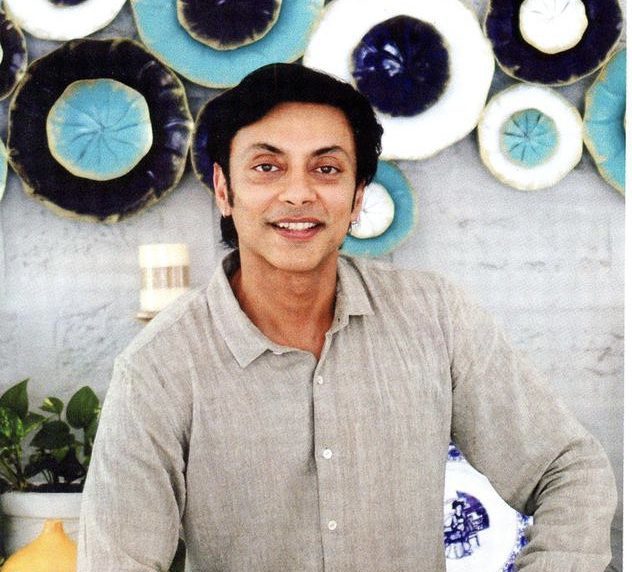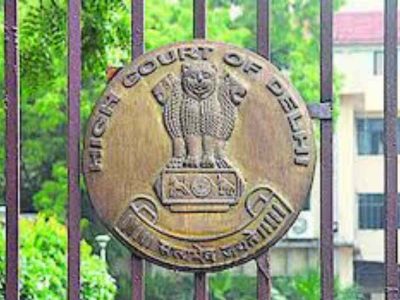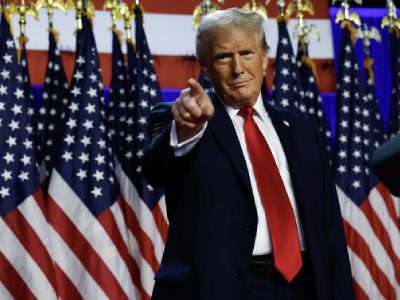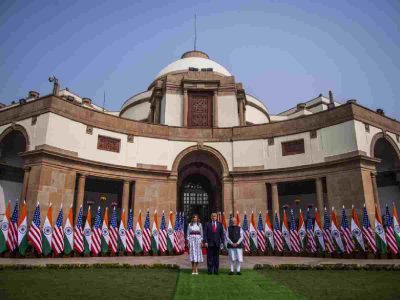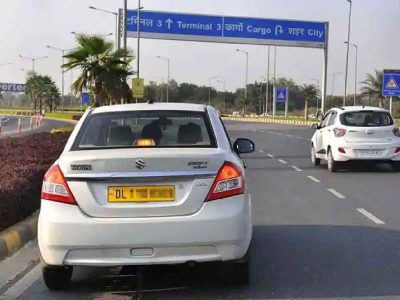Vicram Sharma, president and CEO of Baidyanath group, has made some interesting, unusual and bold choices in life. And that comes naturally to him.
Vicram Sharma is a third generation entrepreneur. The president and CEO of India’s biggest and the most reputed, now more than 100 years old, one of its kind Ayurveda company—Shree Baidyanath Ayurved Bhawan Pvt Ltd. He’s also known as Vikram Baidyanath.
On his return from England in 2013, after doing double masters, one of them from London School of Economics, and working for a while in a recruitment company, he joined the family business and recently joined the board of directors of the Baidyanath group. He has infused modern ways in a traditional run company staff of over 4,000 people and 1,500 distribution centres. “What I learned in England is implemented in my company here,” he says.
The old ways in the new age were a mismatch. “It was not easy, the transition. My father and uncles had rigid points of view and are fixated in their ideas about how things should be,” he says in a matter of fact way. Vicram ushered the change, Ernst and Young was hired to smoothen the path. The Baidyanath Group has since diversified into a range of businesses including printing and publishing of ayurvedic research, promotion of Vedic knowledge centres in schools and campuses, power, alternative energy, granite mining and real estate–while the manufacture and distribution of ayurvedic medicines remain their core business.
Clad in a t-shirt and shorts in his Gurugram house he looks relaxed and busy, with some loose papers lying on a square glass top table in front of him, typing away briskly on his phone. Vicram is multitasking, which includes interacting with this writer. He was sending texts to his mother on business matters. His mother is the greatest influence in his life and remains so. The room he’s seated in has bare walls reflective of his personality, someone who is in control, clarity of thought and expression. He didn’t mince words if he wasn’t retorting in monosyllables.
He is a man of few words, Vicram has made some unusual and bold choices not just at work but in his personal life that requires courage of conviction. For him, it happens naturally. He’s a single parent to his son, Shivay, through surrogacy. This is just one of many examples that he lives life on his terms and is free from the normative shackles that bind many of us into leading a banal life.

For instance, not many CEOs would have the confidence to place a bare-chested image as a display picture on WhatsApp showcasing the six-pack-abdomen. He could think of another CEO who did that recently but could not recollect the name. “It’s an achievement,” he says and wanted to share with the rest of the world the joy of sweating out to sculpt a chiselled body. He betrayed a faint smile. He is happy with the state of his body and fitness level.
It was a personal challenge. Vikram is a runner, and fairly late in his life, in his late thirties, took to bodybuilding. “It was a natural progression after running,” he says. In addition, he does yoga—starts his day with meditation and is the last thing he does before going to bed.
A Doon School prodigy, he was in England for higher studies and worked in a competitive environment, a significant part of his formative years was spent in Mumbai and Dehradun. He has many friends—school, college, work and from other walks of life and of varied descriptions and dispensations. “They could be intellectuals to party animals,” he draws the contrast of his wide range of friends. And he needs this variety in his life that enriches it experientially.
He misses England, and travels at least twice a year, for an accumulative period of a month and a half, “to catch up with friends.” A lot of partying ensues. Though he runs a big group and is rich and famous, he remains a friend’s friend, and never lets his status cloud personal relationships. “They are friends, and I interact with them as I used to when I was a student there,” he adds.
How has your stay in England changed you? He ponders for a while to say, “Nothing. I remain the same person.” And no one identity does justice to him, and he is a bundle of paradoxes. He’s a party man and also a family man. An avid traveller, he likes to travel with family or friends. But, he also likes to spend time at home with family. He’s both religious and spiritual. A student of Vedanta—believes in enjoyment without attachment. The calm that he exudes seems to have come after having withstood many storms.

